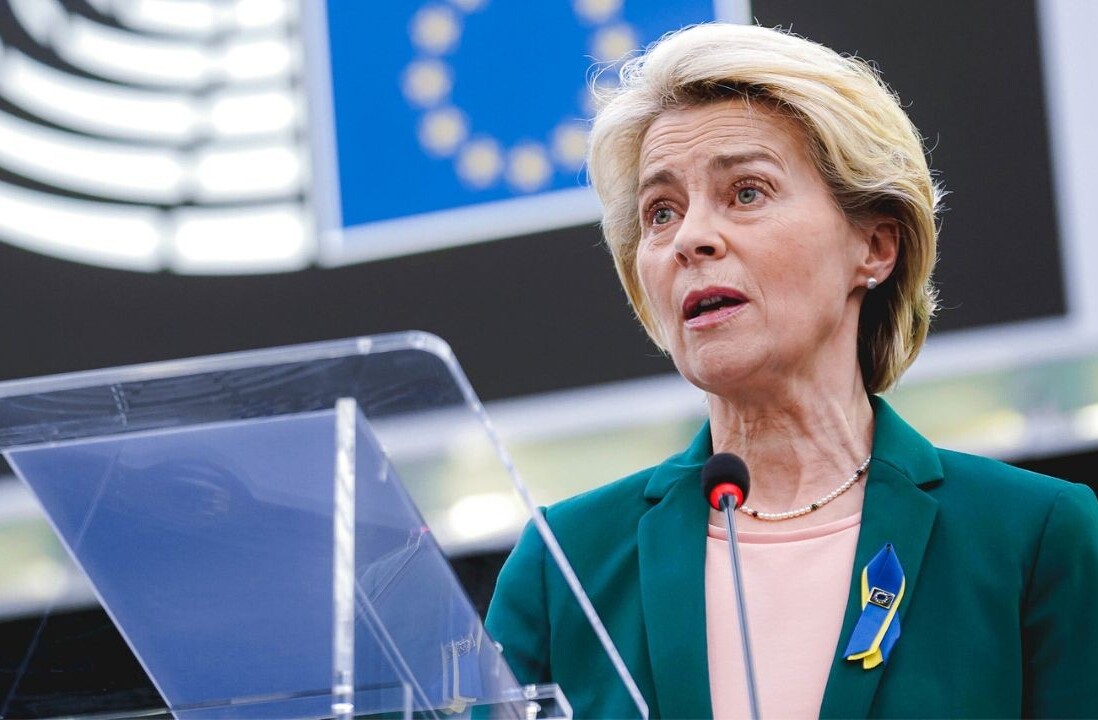
The UK leads Europe for generative AI patent filings — but Germany is closing the gap.
That’s according to new data from the World Intellectual Property Organisation (WIPO), a UN agency that tracks patents.
WIPO today released a report on 54,000 GenAI inventions from the decade ending in 2023. Over 25% of them emerged in the last year alone.
The findings show that China has built a wide lead in the field. Across the decade, over 38,000 GenAI patents were filed by the country. That’s a whopping six times more than the second-place US, which filed 6,276.
Rounding out the top five are the Republic of Korea (4,155 patents), Japan (3,409), and India (1,350).
The UK takes sixth places with 714 patents — pipping Germany’s 708. In recent years, however, Germany has published more patents than its European rival.
Europe’s GenAI inventions
Germany is also home to the top European company for GenAI patent filing: Siemens.
The Munich-headquartered corporation has numerous patent families based on image and video data. In the worldwide rankings, the company takes 16th place.
The UK, meanwhile, hosts several global leaders in GenAI research. The University of Oxford, UCL, Imperial College London, and the University of Cambridge all feature in the 20 top institutions for scientific publications. No other European entities earned a place in this list.
Notably, Google’s parent company, Alphabet, is the only corporation in the top 20. The tech giant takes fourth spot with 556 publications, behind the Chinese Academy of Sciences, Tsinghua University, and Stanford University.
When it comes to citations, however, Alphabet is the runaway leader. The company had over 47,000 citations for its GenAI publications — almost double that of second-place University of California, Berkeley.
The UK is also well-represented in the citations rankings. DeepMind, Imperial, and UCL all placed in the top 20. Again, no other European entities feature in this list.
The continent does, however, have a third member of the top inventor locations: France, which takes 10th place with 305 patent filings.

Global AI movements
Although their total numbers pale in comparison to China’s, Europe’s leading trio made a strong showing per capita.
In WIPO’s view, every nation can benefit from the new data.
“This can help policymakers shape the development of GenAI for our common benefit and to ensure that we continue to put the human being at the centre of our innovation and creative ecosystems,” said Daren Tang, the agency’s Director General.
“We are confident that the report will empower innovators, researchers, and others to navigate the rapidly evolving generative AI landscape and its impact on the world.”
Get the TNW newsletter
Get the most important tech news in your inbox each week.




